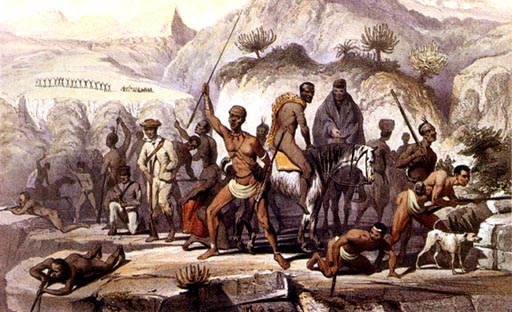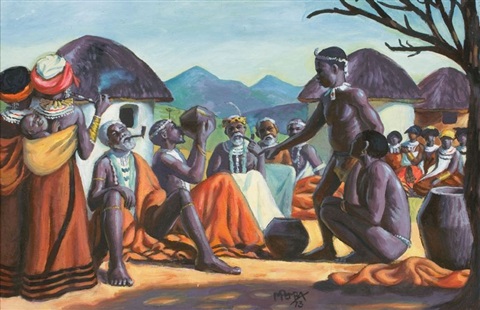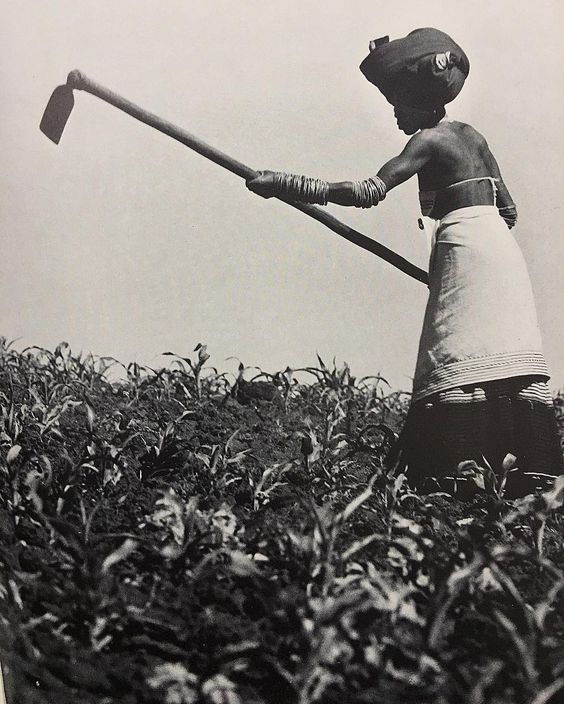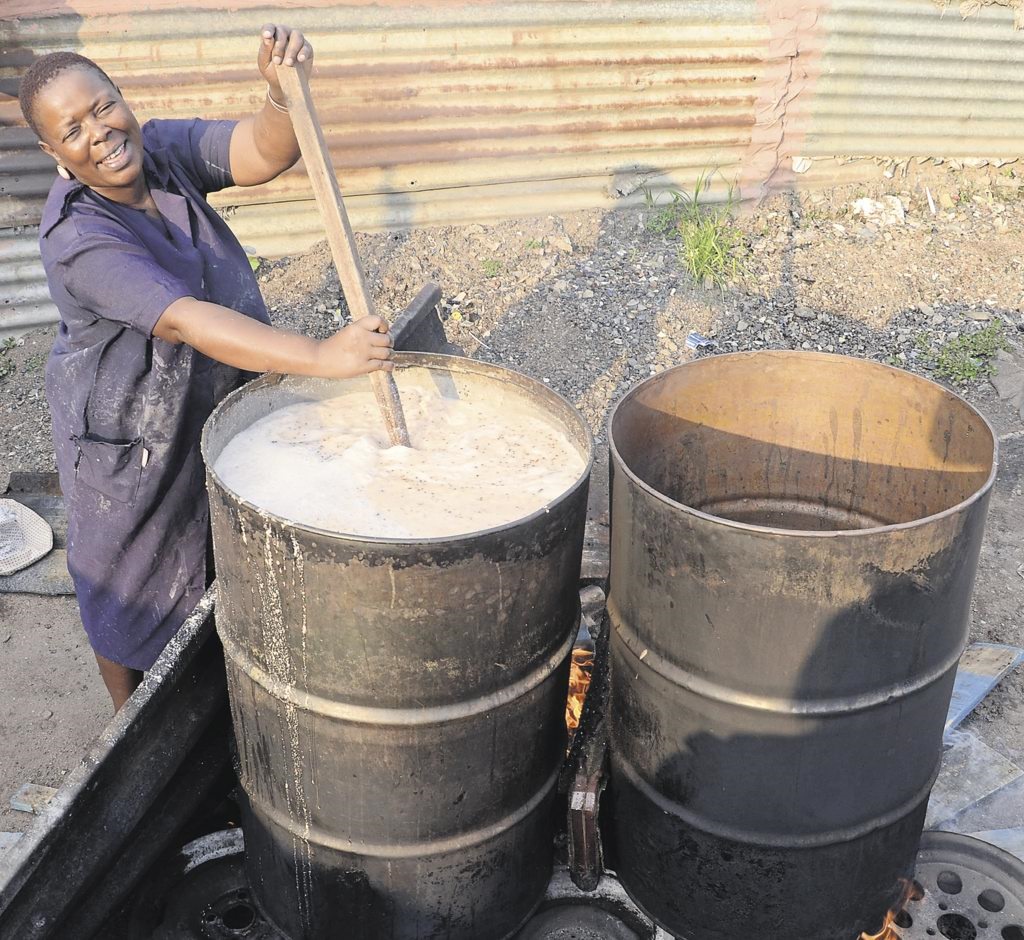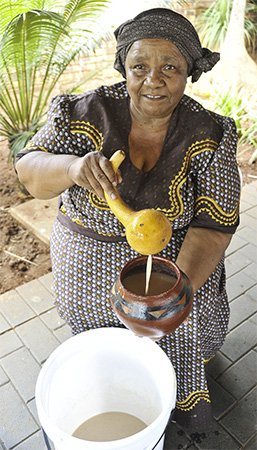Your search results [5 articles]
Xhosa people and beer in South Africa.
Xhosa and Zulu are the two major ethnic groups in Southern Africa during the Dutch and then British colonial period. Both have made beer the central traditional beverage of their social, daily and religious life.
From 1779 onwards, the Cafre Wars or border wars between Xhosa warriors and British settlers or soldiers shifted the border of Xhosa country eastwards, first to the Keiskamma River (Albany district, former Zuurveld) and then to the Kei River. For more than two centuries, the role and importance of beer varied greatly, as did that of the beer brews associated with collective farm work.
A brief history of beer in relation to agricultural work among the Xhosa of Southern Africa:
- Start of 19th century : Milk is drunk as much as beer. The Xhosa are a herding people. Everything to do with livestock is in the hands of the men, everything to do with agriculture and gardening in the hands of the women. Milk is as important as beer.
- Epizootics in mid-19th century and great millennial cattle massacre in 1857-58. Crisis of the Xhosa society, great famine and death of 40 to 50.000 Xhosa. The Xhosa could no longer defend their ancestral territories against the colonists.
- During the 19th century: beer becomes more important as a daily beverage, a drink for collective meetings (beer parties) and religious ceremonies (offerings to ancestors, initiation/circumcision of young people). Why?
≽ Slow reduction in the size of family homesteads due to lack of land. Slow progress towards monogamy and decrease in family size. Hence reduced labour force. Formerly autonomous farms have to cooperate.
≽ Ploughs and oxen replace hoe cultivation: productivity increases. More grain, more beer
≽ Maize partly replaces sorghum or eleusine, two cereals used to brew beer. Sweet potatoes and squash from America are grown between the rows of maize. Increased production of food crops and more grains available for brewing beer. Various kinds of beer, some light, some stronger
≽ The economic interdependence of family homesteads increases with the reduction of farmland taken over by white people. "Invention" of beer working-parties.
- In 20th century : Xhosa wage labour in mines and plantations. Official policy of the Bantustans in 1913, territories for black people, the two main ones of which are reserved for the Xhosa (Transkei) and the Zulus (Natal-KwaZulu) :
≽ The income of an extended family depends more and more on the migration of men away from home, and less on local agricultural work in the homestead.
≽ In family homesteads, cultivation of the fields involves more cooperation between neighbouring or kinship families. The beer working-parties become more important and more numerous.
≽ The official Apartheid policy was reinforced and became official (constitutional) in 1948. The black population was confined to townships, black farming families were expelled to the Banthoustans, it was forbidden for black people to travel in the colony without a pass, etc. The economic and social life of the black population became a hell of misery and crime caused by poverty and collective despair.
≽ The beer working-parties also signify a form of cultural and political resistance for a part of the so-called "Red Xhosa". Another part, the so-called "School Xhosa", denies these customs and adopts some of the values of the settlers in order to become their equals[1].
≽ "Social invention" of beer parties for migrant workers leaving or returning to the Bantustans from white settler mines, plantations or factories (McAllister 123-150).
- Around the 1980s, the time of McAllister's study:
≽ The stranglehold of apartheid was loosened in 1994.
≽ Economic inequalities between blacks and whites remain glaring.
≽ Some Xhosa still adhere to the umqombothi beer-sharing as a quid pro quo for farm work. But the agricultural system that underpins this social habitus, the family homesteads, is being undermined by globalisation.
≽ In 2019, an amendment to the Liquor Product Act clarifies the definition of a traditional African beer to control its manufacture and sale. The trade in traditional beers takes them out of the context of customary and free sharing.
[1] The issue is much more complex and contrasting. Nelson Mandela's fate is emblematic. Coming from a royal xhosa/thembu clan, he assumed his traditional role of political leader for his own and other ethnic groups. An opponent of the Apartheid regime, he adopted some ways of struggle of the Whites (strikes, trade unionism, demonstrations, urban riots, international activism).



